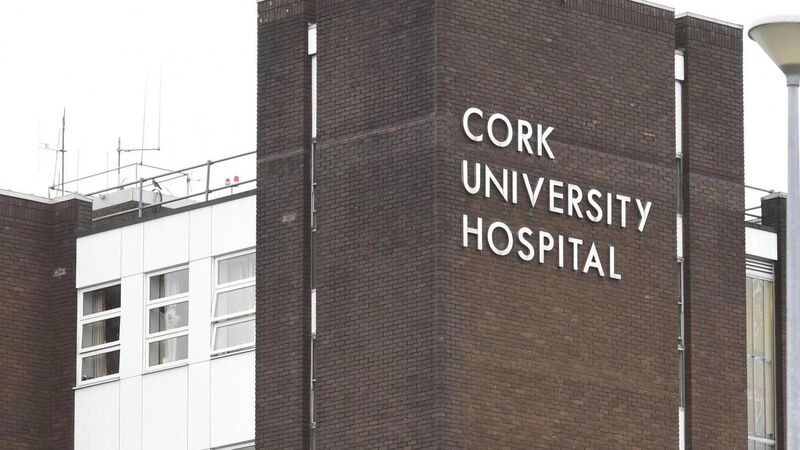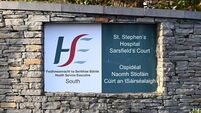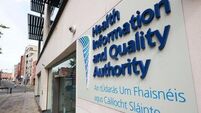HSE issues warning to Cork hospital attendees following confirmed case of measles

The HSE has confirmed the first recorded incident of measles in Cork this year at Cork University Hospital. Picture: Larry Cummins
MEMBERS of the HSE have issued a public health alert following a confirmed case of measles at a Cork hospital last week.
The alert, which was issued by the Department of Public Health HSE South West, pertains to members of the public who attended the main emergency department registration or waiting area of Cork University Hospital (CUH) on May 12 between 1.10pm and 3.30pm, the Children’s Emergency Department on May 12 between 1.30pm and 11.20pm, and the Puffin Ward between 9.20pm on May 12 and 3pm on May 13.
A spokesperson for the HSE has confirmed that this is the first recorded incident of measles in Cork this year, and that a “comprehensive contact tracing” operation has begun to notify those who were potentially affected.
“The Department of Public Health HSE South West have been in contact with all identified close contacts,” the spokesperson said. “Anyone who still has concerns can contact HSE Live for further information.”
No details about the case can be given to protect the privacy and identity of those involved.
Consultant in Public Health Medicine, Dr Margaret O’Sullivan said: “While measles is a serious infectious disease and is highly contagious, we wish to reassure the public that all relevant public health measures are being followed.
“Contact tracing means we will be in direct touch with close contacts.”
Those who attended the listed areas of CUH on the times and dates indicated are advised to be alert for the symptoms of measles for three weeks from the date of possible contact.
Additionally, anyone who is pregnant, immunocompromised or the guardian of a child aged under 12 months, that was present in these areas during these times, should immediately contact the Department of Public Health HSE South West via HSE Live on 1800 700 700.
Symptoms of measles include cold-like symptoms (runny nose, sneezing, cough), sore red eyes, a temperature of 38 degrees Celsius or above, small grey-while spots in your mouth, loss of appetite, tiredness, irritability, and a general lack of energy, as well as a rash, which usually appears on the head and neck first and spreads to the rest of the body.
Those who think they have measles or develop any signs or symptoms are asked to isolate themselves, seek medical advice and to not attend any healthcare setting or facility like a GP or hospital unless prior arranged to prevent further spread of the disease.









 App?
App?


